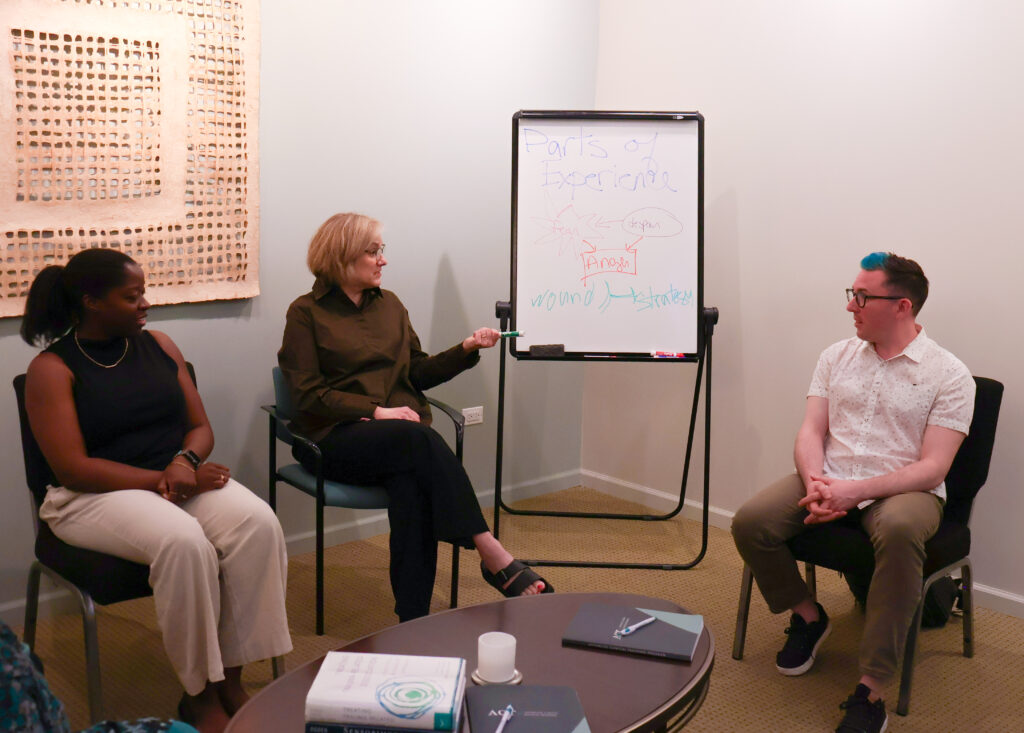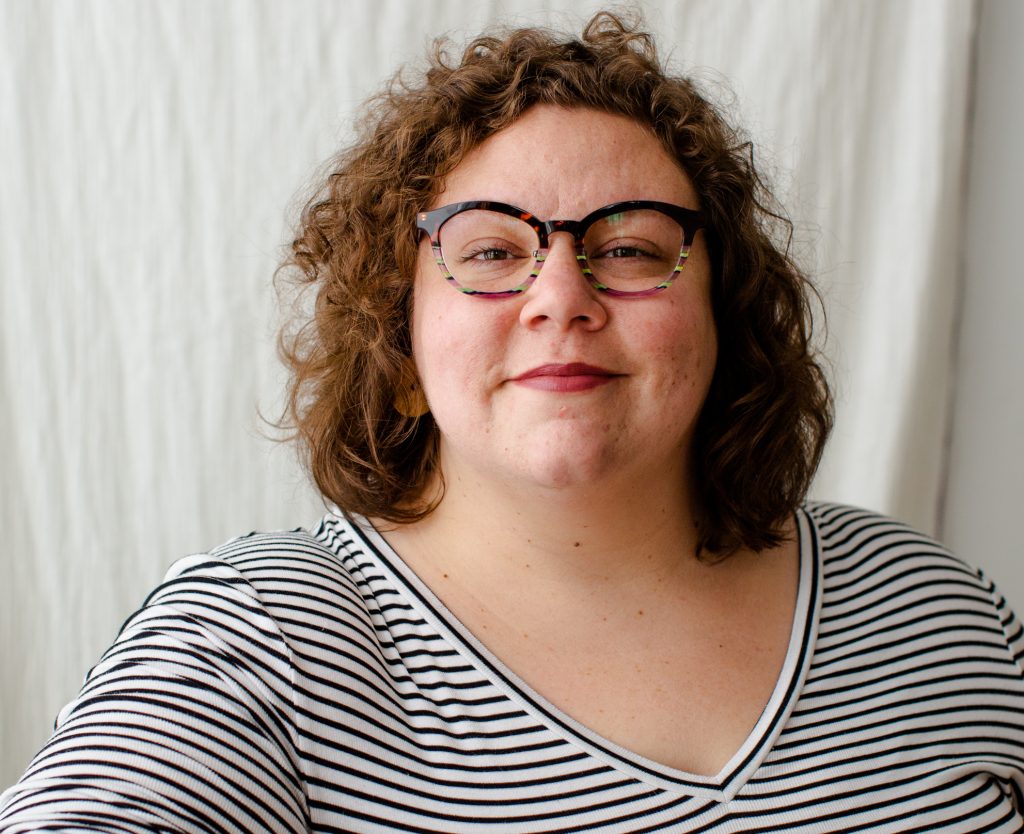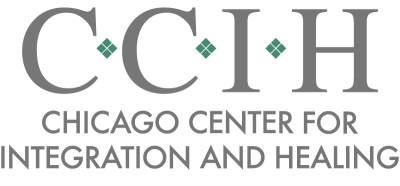
Advanced Clinical Training Program
Study the treatment of trauma within a community of peers, with instruction and consulting by experienced trauma-informed therapists
At CCIH, we believe that an integrated approach and connection to a professional community is essential for mental health providers. Some experiences are simply too big for one therapist and one client to hold. Current education and training may leave even experienced providers feeling unsure and unprepared for the reality of treating complex trauma.
We created our Advanced Clinical Training Program as a way for therapists to connect with peers and transform their theoretical knowledge into clinical skill and practice. During this two year program, we will work together in monthly consultation groups led by experienced therapists. We will study both foundational texts on trauma and more recent thinking including relational, neurobiological and body-centered approaches.
Applications for our next learning year will open Spring 2026! To receive updates on the Advanced Clinical Training Program and other professional development at CCIH, please subscribe to our newsletter.
ACT Training Team

The program will be led by CCIH’s Director, Amy Zajakowski Uhll, LCPC, who has over 30 years of clinical experience specializing in treating complex trauma and dissociative disorders. In addition to her clinical work, Amy supports other therapists in their work with trauma.
Amy has created and facilitated many professional development workshops and offered trauma-informed training and consultation to individual therapists, group practices, social service agencies and other groups. She supports therapists as they interrogate their own history of wounding, implicit biases and present experience in the development of their own authentic approach to healing work.
Additional Guest Consulting by:

Richla Davis, LCSW will offer consultation on anti-racism in the therapy space, including assessing for racial trauma, understanding our role as clinicians in conceptualizing the emotional and physical impact of racism as well as acquiring the skill set to recognize, address, and support client’s experience of microaggressions.

Sarah Landolfi, LCSW will consult on the traumatic effects of pervasive anti-fat oppression as they appear in clients of all sizes who present for psychotherapy. Participants will learn to define and recognize anti-fatness, understand how it fits into a larger matrix of multiple and interlocking systems of oppression, and build practices to continuously reflect on and interrogate anti-fatness.
Program Objectives
- Explore the principles of all trauma-informed practice
- Explore the current thinking around trauma and attachment
- Collaborate on developing integrated treatment approaches tailored to the unique needs of each of our clients.
- Ground in the essential concept of working within a Window of Tolerance
- Explore Polyvagal Theory and central nervous system regulation
- Define and practice what it means to work in the present moment
- Integrate a body-centered lens and skills
- Explore the impact of attachment wounding and complex trauma
- Deepen into assessment, diagnosis and treatment of dissociation and dissociated parts
- Explore tracking and contacting the impact of oppression over the life course
- Explore the concept of the therapist’s experience as clinical information
- Engage in understanding one’s own biases and develop skills for working with clients from an anti-oppressive lens
Schedule & Tuition 2025-26
YEAR 1 OPENING WORKSHOP:
Essentials of Trauma-Informed Treatment
September 12, 2025, 9:00am-4:30pm
YEAR 2 OPENING WORKSHOP:
Working with Complex Trauma and Dissociation
September 26, 2025, 9:00am-4:30pm
Ongoing Monthly Consultation: October 2025-June 2026
- Groups meet one Friday per month for 2 hours at CCIH’s Ravenswood office in Chicago, IL.
- 1 hour discussion of reading material & 1 hour of case consultation.
Tuition: $1200, with 5% discount if paid in full in advance. Payment plans available.
Each year of the ACT program includes 24 available CEUs for LCPCs, LCSWs, LMFTs, Nurses and Clinical Psychologists.
Application and Initial Interview Required.
We welcome applicants of all racial identities, gender identities, and sexual orientations. We want to make training accessible to all those who share our commitment to trauma-informed care. If cost or financial situation would prohibit you from participating, please indicate so on your application, or reach out so we can discuss payment plans or discounted tuition options.
